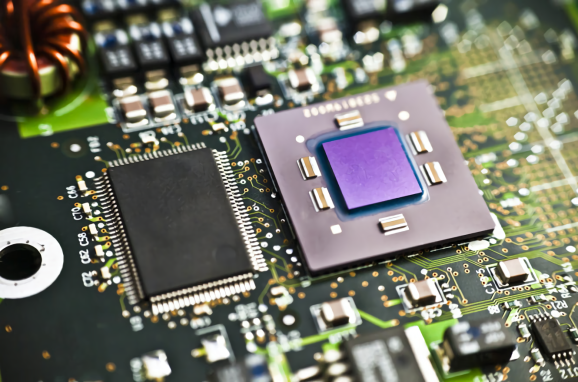 CLOUD
CLOUD
 CLOUD
CLOUD
 CLOUD
CLOUD
Amazon Web Services Inc. is working on a successor to its homegrown Graviton processor that will be at least 20% faster than the original and likely features other major improvements as well, according to a new report.
The project was detailed on Wednesday evening by Reuters, which attributed the information to two unnamed sources familiar with the matter.
AWS next week will hold its annual re:Invent conference in Las Vegas, a logical place for introducing the new chip. The company customarily saves up its biggest product announcements for the event and last year’s show was where Graviton made its debut.
Graviton is a system-on-chip that powers AWS’ A1 family of cloud instances. It tops out at 2.3 gigahertz and is based on a processor design from Arm Holdings Plc. The second-generation Graviton model is Arm-powered as well, the tipsters told Reuters, but is expected to pack 32 processing cores or more versus the original’s 16. The design improvements AWS has made will apparently enable the new chip provide at least 20% better performance.
The insiders who revealed the project shared other details as well, notably that the second-generation Graviton still won’t be as fast as server processors from Intel Corp.’s 14-nanometer Cascade Lake series or Advanced Micro Devices Inc.’s 7-nanometer Rome family.
But speed is not necessarily AWS’ main focus, either. The main selling point of the current Graviton-powered A1 instances in AWS’ cloud is price: They’re up to 45% cheaper than Intel and AMD based AWS instances.
Under the hood, the Amazon.com Inc. subsidiary’s new chip will reportedly likely use the seven-nanometer Neoverse N1 CPU architecture Arm debuted this February. The design provides up to 2.5 times more processing power for some applications than the Cortex-A72 on which the original Graviton is based.
The N1 also has machine learning optimizations aimed specifically at hyperscale companies such as AWS. Arm sought to address the fact that while machine learning workloads are typically deployed on graphics cards or other specialized chips, large data center operators sometimes offload processing to unused CPUs in their facilities. The N1 can run artificial intelligence workloads six times faster than the Cortex-A72.
AWS will presumably use the second-generation Graviton chips to power a new version of its A1 instances, but customers may know for sure at re:Invent next week.
THANK YOU